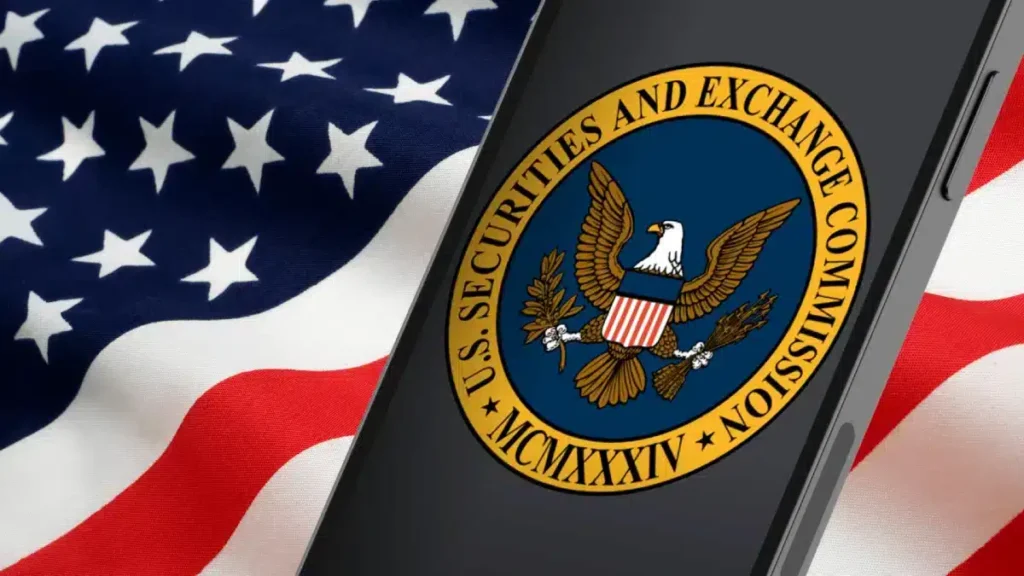The Ideanomics case underscores the significance of adhering to federal securities laws and the potential consequences of misleading financial practices.

The United States Securities and Exchange Commission (SEC) has resolved fraud charges against Ideanomics related to financial reporting and “misleading the public about the company’s performance.”
According to the SEC’s official site, an investigation found that between 2017 and 2019, Ideanomics and several senior executives made substantial material misrepresentations regarding the company’s financial performance.
The charges centered on misleading investors about the company’s revenue from crypto assets.
Misleading Financial Performance
The SEC accused Ideanomics of falsely reporting over $40 million in revenue for 2019 based on fraudulent accounting linked to a crypto asset transaction.
The agency asserted that this false reporting resulted in inflated financial statements, misleading shareholders and the public about the company’s financial health.
The settlement with Ideanomics occurs as the US Supreme Court reviews an appeal in a separate securities fraud case against Nvidia.
Nvidia is accused of providing misleading information about its cryptocurrency mining revenue in 2017 and 2018, similar to the allegations against Ideanomics.
Key Figures Involved
The SEC’s investigation implicated several key figures, including Ideanomics’ former chairman and CEO Zheng Wu, current CEO Alfred Poor, and former chief financial officer Federico Tovar.
The SEC determined that these individuals were involved in multiple fraudulent activities.
These activities included issuing false revenue guidance in 2017, providing the company’s auditor with a fraudulent letter of intent, and hiding Wu’s personal interest in companies doing business with Ideanomics.
Settlement and Penalties
As per the report, all involved parties have agreed to settle the charges without admitting or denying the SEC’s findings.
Wu agreed to pay over $3.3 million in disgorgement, prejudgment interest, and a $200,000 penalty.
He also accepted a 10-year ban from holding any directorship or managerial role in a public company.
Tovar and Poor each consented to cease-and-desist orders and will pay $75,000 in penalties.
Tovar is also barred from practicing as an accountant for at least two years.
Ideanomics has agreed to pay a $1.4 million penalty and will hire an independent compliance consultant to review and improve its internal accounting controls.
In 2022, Nvidia agreed to pay US authorities $5.5 million to settle charges related to inadequate disclosure of the impact of crypto mining on its gaming business.
A US federal judge dismissed a lawsuit against Nvidia in March 2021, rejecting claims that the company had intentionally concealed a significant portion of its revenue from cryptocurrency mining sales in 2017 and 2018.

